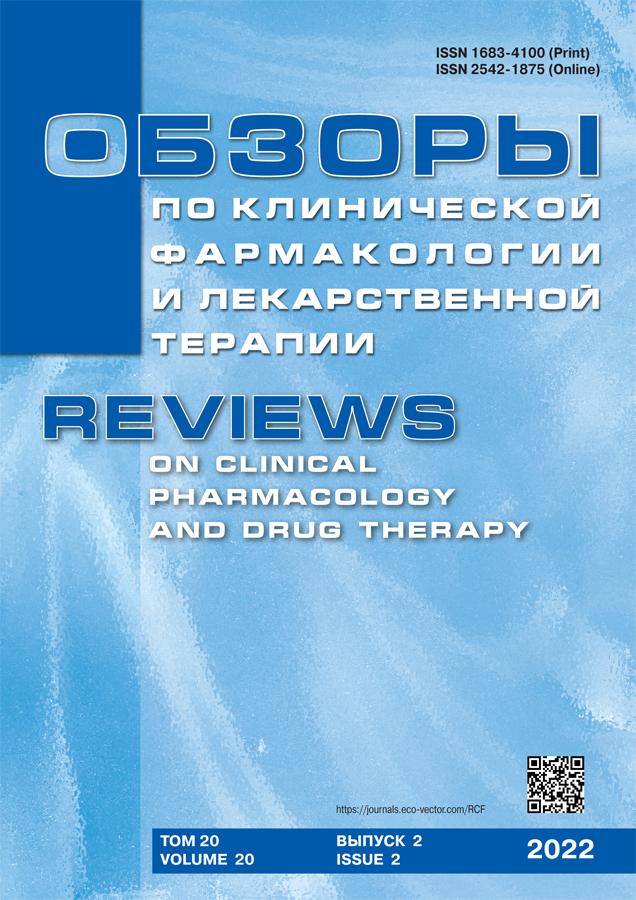Despair-like behavior in fish based on the zebrafish (Danio rerio)
- Authors: Galstyan D.S.1,2,3, Kolesnikova T.O.4, Kositsyn Y.M.1, Zabegalov K.N.4, Gubaidullina M.A.4, Maslov G.O.4,5, Demin K.A.1,4,3, Kalueff A.V.1,2,4,3,5,6,7,8
-
Affiliations:
- Saint Petersburg State University
- A.M. Granov Russian Research Center for Radiology and Surgical Technologies
- Almazov National Medical Research Centre
- Sirius University of Science and Technology
- Ural Federal University
- Novosibirsk State University
- Research Institute of Neuroscience and Medicine
- Moscow Institute of Physics and Technology
- Issue: Vol 20, No 2 (2022)
- Pages: 157-162
- Section: Original study articles
- Submitted: 09.08.2022
- Accepted: 12.08.2022
- Published: 03.10.2022
- URL: https://journals.eco-vector.com/RCF/article/view/109704
- DOI: https://doi.org/10.17816/RCF202157-162
- ID: 109704
Cite item
Abstract
The zebrafish tail immobilization test is a relatively new method for analyzing zebrafish behavior, based on the paradigm of learned helplessness, when the animal is exposed to an uncontrollable stressor, and soon abandons all attempts to avoid the aversive stimulus, adopting a posture of immobility. As an aversive stimulus acts restraining fish tail in a viscose sponge, without restricting the mobility of the lateral fins and the front of the body. The zebrafish tail immobilization test is suitable for detecting depressive-like ‘despair’ behavior in zebrafish, paralleling clinical apathy and lethargy in depression.
Full Text
About the authors
David S. Galstyan
Saint Petersburg State University; A.M. Granov Russian Research Center for Radiology and Surgical Technologies; Almazov National Medical Research Centre
Email: david_sam@mail.ru
ORCID iD: 0000-0002-6213-5117
Research Associate
Russian Federation, Saint Petersburg; Saint Petersburg; Saint PetersburgTatyana O. Kolesnikova
Sirius University of Science and Technology
Email: philimontani@yandex.ru
ORCID iD: 0000-0002-5561-8583
SPIN-code: 8558-7887
Research Associate
Russian Federation, SochiYurii M. Kositsyn
Saint Petersburg State University
Email: ikosicin53@gmail.com
ORCID iD: 0000-0002-4266-808X
Research Associate
Russian Federation, Saint PetersburgKonstantin N. Zabegalov
Sirius University of Science and Technology
Email: hatokiri@mail.ru
ORCID iD: 0000-0002-9748-0324
SPIN-code: 5993-6315
Research Associate
Russian Federation, SochiMariya A. Gubaidullina
Sirius University of Science and Technology
Email: mariangub@gmail.com
Research Associate
Russian Federation, SochiGleb O. Maslov
Sirius University of Science and Technology; Ural Federal University
Email: maslovog6@gmail.com
Research Associate
Russian Federation, Sochi; YekaterinburgKonstantin A. Demin
Saint Petersburg State University; Sirius University of Science and Technology; Almazov National Medical Research Centre
Email: deminkasci@gmail.com
SPIN-code: 3830-1853
Cand. Sci. (Biol.), Senior Research Associate
Russian Federation, Saint Petersburg; Sochi; Saint PetersburgAllan V. Kalueff
Saint Petersburg State University; A.M. Granov Russian Research Center for Radiology and Surgical Technologies; Sirius University of Science and Technology; Almazov National Medical Research Centre; Ural Federal University; Novosibirsk State University; Research Institute of Neuroscience and Medicine; Moscow Institute of Physics and Technology
Author for correspondence.
Email: avkalueff@gmail.com
ORCID iD: 0000-0002-7525-1950
SPIN-code: 4134-0515
Dr. Sci. (Biol.), Professor
Russian Federation, Saint Petersburg; Saint Petersburg; Sochi; Saint Petersburg; Yekaterinburg; Novosibirsk; Novosibirsk; MoscowReferences
- Bernal-Morales B, Contreras CM, Cueto-Escobedo J. Acute restraint stress produces behavioral despair in weanling rats in the forced swim test. Behav Processes. 2009;82(2):219–222. doi: 10.1016/j.beproc.2009.06.006
- Swiergiel AH, Leskov IL, Dunn AJ. Effects of chronic and acute stressors and CRF on depression-like behavior in mice. Behav Brain Res. 2008;186(1):32–40. doi: 10.1016/j.bbr.2007.07.018
- Ostadhadi S, Haj-Mirzaian A, Nikoui V, et al. Involvement of opioid system in antidepressant-like effect of the cannabinoid CB1 receptor inverse agonist AM-251 after physical stress in mice. Clin Exp Pharmacol Physiol. 2016;43(2):203–212. doi: 10.1111/1440-1681.12518
- Haj-Mirzaian A, Ostadhadi S, Kordjazy N, et al. Opioid/NMDA receptors blockade reverses the depressant-like behavior of foot shock stress in the mouse forced swimming test. Eur J Pharmacol. 2014;735:26–31. doi: 10.1016/j.ejphar.2014.03.053
- Cryan JF, Markou A, Lucki I. Assessing antidepressant activity in rodents: recent developments and future needs. Trends Pharmacol Sci. 2002;23(5):238–245. doi: 10.1016/s0165-6147(02)02017-5
- Ma L, Demin KA, Kolesnikova TO, et al. Animal inflammation-based models of depression and their application to drug discovery. Expert Opin Drug Discov. 2017;12(10):995–1009. doi: 10.1080/17460441.2017.1362385
- Demin KA, Lakstygal AM, Chernysh MV, et al. The zebrafish tail immobilization (ZTI) test as a new tool to assess stress-related behavior and a potential screen for drugs affecting despair-like states. J Neurosci Methods. 2020;337:108637. doi: 10.1016/j.jneumeth.2020.108637








